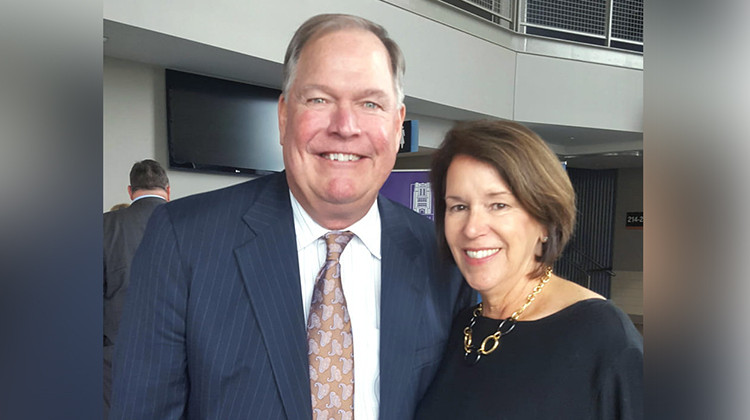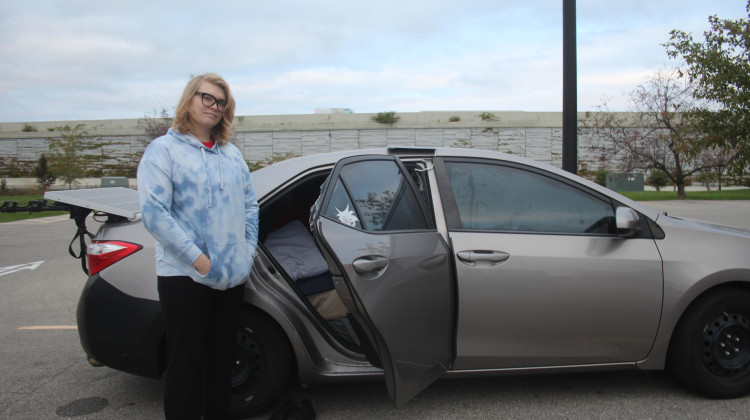
Bill and Mary Stone donated $34.2 million to establish a youth mental health center at Indiana University medical school in Evansville.
Indiana University School of MedicineEVANSVILLE, Ind. (AP) — A donation of $34.2 million will establish a youth mental health center at Indiana University medical school in Evansville.
Evansville natives Bill and Mary Stone announced the donation Friday.
The gift will endow three chairs and support six other adolescent psychiatrists or fellowships in southwestern Indiana, where several counties don’t have mental health services.
The psychiatrists also will conduct research with a focus on bipolar and other mood disorders.
The center will “seek to fundamentally alter and improve the standard of care for people with bipolar disorder and dramatically increase access to psychiatric care for the children and an adolescent youth of southwestern Indiana,” a news release said.
The gift is one of the largest in the medical school's history.
“The center will create a first of its kind, real-world, real-time database of the treatment of psychiatric disorders, built with millions of medical records across the country," said Dr. Steven Baker, associate dean.
Bill Stone, founder, chairman and chief executive at SS&C Technologies, has lived much of his life in Connecticut but has supported many projects in Evansville.
"Without results, it’s all baloney,” Stone said. “Let’s not get too excited until we win. This is just the first step.”
 DONATE
DONATE







 Support WFYI. We can't do it without you.
Support WFYI. We can't do it without you.